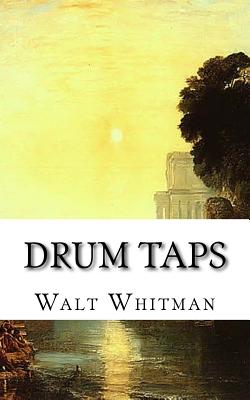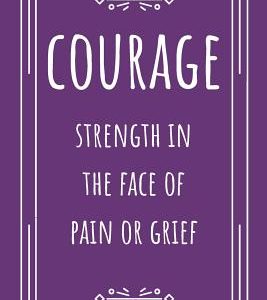Drum Taps
$5.99
Description
Drum-Taps is a collection of poetry by American poet Walt Whitman. The book, which was written during the American Civil War, was first published in 1865. Whitman’s writings in Drum-Taps appear to be separated into different loosely congregated sections without plainly saying this. Within the first group of poems, Whitman expresses both exuberance and doubts in regard to the imminent conflict. Both Lincoln and Whitman had a like-minded philosophy that the sole objective of the war was to preserve the “more perfect union.” Lincoln often expressed this belief and stated that the issue of slavery should be and only would be addressed if it contributed to this preservation. Poems in this first section such as “First O Songs of Prelude” (originally “Drum Taps”) demonstrate this vociferous Unionist pride. That poem, and others like it among the first part such as “Song of the Banner at Daybreak,” serves as a rally cry for the Northern population. These poems also demonstrate Whitman’s belief that this war is a good thing for America’s ideals. He believes without such a conflict and threat to society, those ideals could be taken for granted and lost to decay. It seems that war takes binary oppositions, people at all different levels of society, and tethers them together toward a righteous and common purpose. However, Whitman also knows, at least aesthetically at this point, that war does have its horrors. He conveys this through the poem “The Centenarian’s Story” in which a veteran of George Washington’s campaign in the Revolutionary War recalls for a Civil War volunteer both the heroism and bravery of watching men charge willingly into terribly perilous situations and the horror of watching a large proportion of this mass of men be slaughtered. An essential companion to reading Drum-Taps is Whitman’s autobiographical memoir, Specimen Days. This part of Whitman’s work recounts his everyday experiences and the effect they had on his psyche. Relating mostly with the middle section of Drum-Taps, it reveals how the dominant metaphor for the war is a hospital, filled with wounded men who need treatment and dying men who need to be comforted.
Author: Whitman, Walt
Topic: Poetry
Media: Book
ISBN: 1522716866
Language: English
Pages: 24
Additional information
| Weight | 0.07 lbs |
|---|---|
| Dimensions | 8 × 5 × 0.05 in |















Reviews
There are no reviews yet.